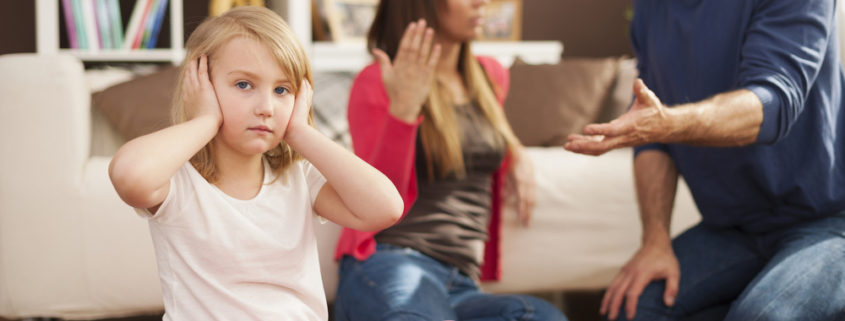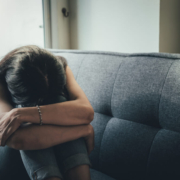Tips to Help Adopted Children Deal with Divorce
Divorce is difficult for everyone. Even if the choice to divorce is obviously the right one for you and your family, it is likely a decision that has caused and will continue to cause you significant grief and pain for some time. For children, divorce is even harder. When you bring adoption into the conversation, it’s easy to see how divorce can be a traumatizing event for children.
If you and your spouse share children, it is absolutely essential that you handle your divorce with the utmost care. We can help you reach a fair outcome that protects your children. Call Olmstead & Olmstead at 703-361-1555 to set up a meeting with our team now.
Children Struggle with Divorce
Divorce can cause temporary and long-term disruptions for children. Research indicates that children may struggle with lower grades, socialization, emotional sensitivity, irritability, rigidity when it comes to change, destructive behavior, and health problems. With the proper support, you can minimize these issues and help your children through them. However, you do need to consider that your adopted children may have an even harder time with the divorce.
Adopted Children May Face Additional Struggles
When it comes to divorce, adopted children’s issues are often deeper and more difficult to work out than those of biological children. This is partially because adopted children often struggle to feel completely accepted—they may feel like their place in their family is not guaranteed.
Those who remember their time prior to having a family may remember what it felt like to be on their own and fear returning to those times. Finding out that the family is splitting up can trigger these feelings and introduce a whole new host of issues, fears, and behavioral problems.
The future is uncertain when a child’s parents are divorcing, and an adopted child may be unsure about what that place looks like for them. Will they be treated the same as their parents’ biological children, or will they be unwanted by one or both parents? Even if you know that they are loved and safe during your divorce, it may take time for them to believe it.
Don’t Try to Handle Everything on Your Own
Remember, your children’s mental and emotional health must be a top priority during this time. That often means asking for professional help. All children can benefit from counseling during and after divorce, even if it’s just to assist with the transition. You may also want to loop your children’s teachers in on the changes in your family so they can keep an eye out for changes in behavior or mood.
If you and your co-parent are struggling to keep things amiable during the divorce, consider going to family counseling as you work through your issues after the divorce. While your romantic relationship is over, your co-parenting one is not.
Your children deserve parents who present a united front, respect each other, and support their children’s relationship with the other parent. Therapy, especially in the context of parenting an adopted child who may be struggling with divorce, is one easy way to support your child when they need it most.
Throughout this time, try to maintain some stability in your child’s schedule. Even if they have to split their time between homes, make sure they can still see their friends when they want to and attend their extracurricular activities. This can make the changes in their home life slightly easier to tolerate.
Reach Out to Olmstead & Olmstead Now—We’re Ready to Help
Turning to a professional for help with your divorce can help you minimize direct conflict with your co-parent and better support your children. Ready to find out how Olmstead & Olmstead can help? Call us at 703-361-1555 or reach out to us online to set up a time to talk.













Leave a Reply
Want to join the discussion?Feel free to contribute!